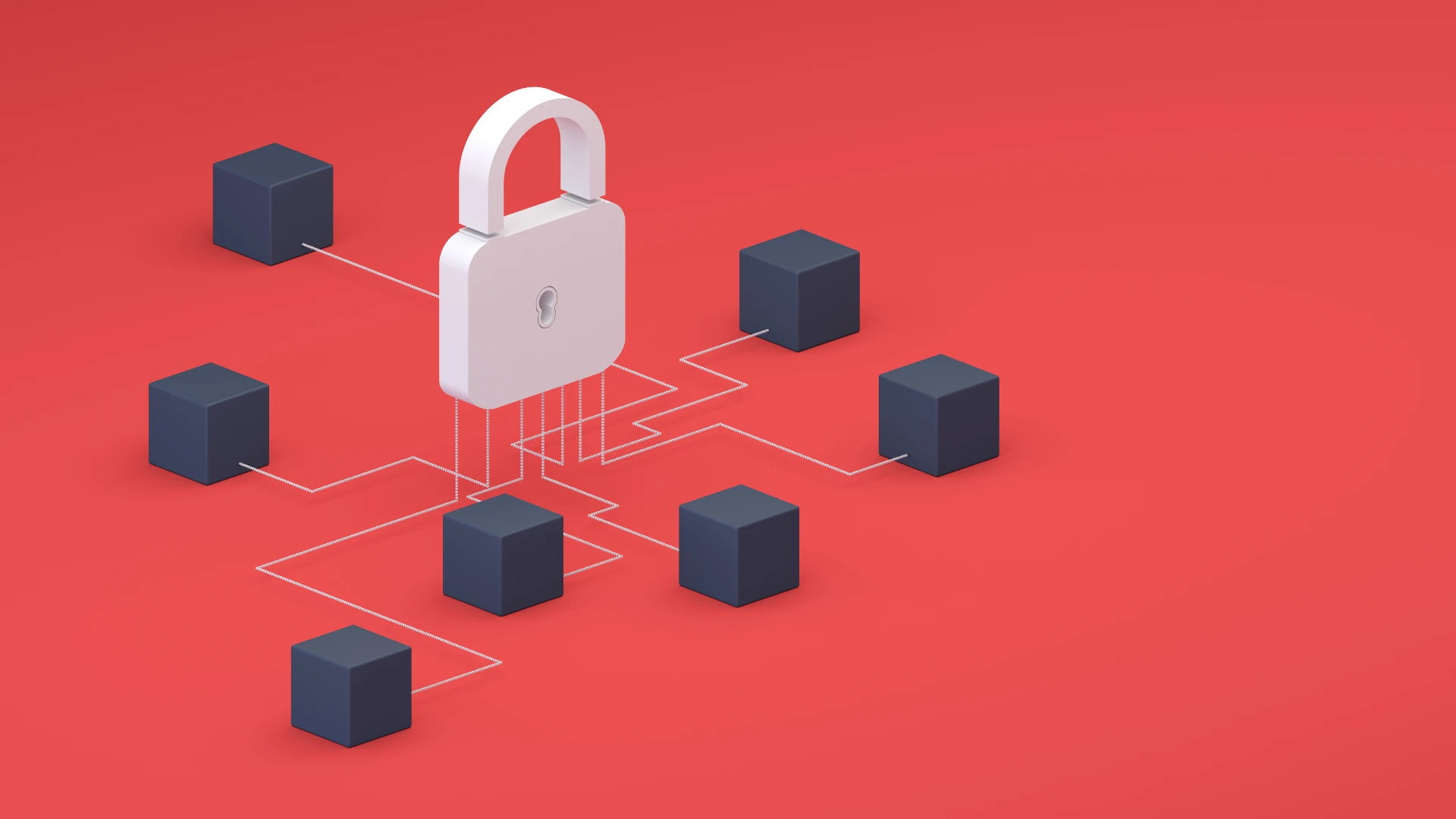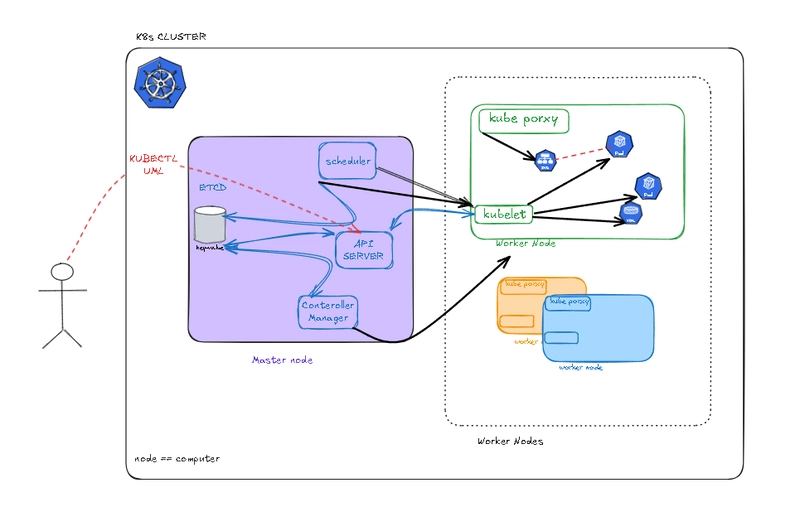A passionate post about Neovim
I'm gonna be honest: Neovim is not the most common tool you will want to have. If you're searching for a fancy agentic mode? Zed and Cursor got you covered. What about an "enterprise level" tool belt? You know, the IntelliJ multiverse is your way of doing things (except for C#, then you're a Visual Studio passionate). For every other use case? VS Code for the win. But there's something, even addictive, about (neo)vi(m): it makes you think about doing less. Writing less code; Opening fewer tabs; Using fewer resources; Using fewer "magic" things. Having more control. Act 1: Chess Playing chess (or any "modern 3D chess game with tons of new pieces and an Excel-like UI" aka RTS Games) is one of my hobbies. It's amazing how you get your brain to have three "modes": operational, tactical, and strategic. It's important to know the micro: how pieces move, how to capture. Then you need to take a look at your strategy and tactical patterns – openings, uncovered checks, and how to apply a check with a surname (checkmate, bat dum tsss) at the end of the game. How do you learn those things? By doing puzzles. I love puzzles. As a matter of fact, Neovim had the same feeling: you need to learn how to move the cursor, through motions. How to select things, rename, yank ("+y to copy the selection to the system clipboard, in case you need it. "+p to paste from it. Hi future me!). Then you need to take a look at how the different modes work (and that's why Neovim is a multi-modal editor). And, of course, how to exit (:wq). It's like learning every day how to be more "expressive" through your code, until the day you just forget you're using something to make software – you just create the software. No pop-ups, no file indexing taking 5 minutes. No JVM eating 16GB of RAM. No ads to enable the new fancy AI tool. And you can always study a bit more about how to do more with fewer irrelevant steps. You learn how to shorten the gap between thinking and running the code. Act 2: Vinyl Now you can be 100% sure about my "classic stuff" passion. I'm also a vinyl collector (proud of my Tim Maia's World Psychedelic Classics disc). But vinyl isn't about old stuff. In fact, you need to choose a good turntable, amp (and possibly pre-amp), and audio monitors. Part of the cool thing about this hobby is just building your setup, seeking the perfect experience. Neovim also gives this kind of pleasure. You can change every aspect, choose any extensions you like. From big UI things like the file tree, the search mechanism, LSP and AI integration, or the plugin manager to commands, keybindings, colors – you will probably find the works of tpope and junegunn. You just have the control. And no company can take it from you. The Encore: Mastery Through Challenge Beyond the initial hurdle, Neovim offers a continuous path of increasing depth. It presents a constant, engaging challenge that scales with your ambition. You can delve as deep as you desire, even venturing into creating your own plugins and crafting custom UI components. This inherent potential for boundless growth and personalized optimization is precisely why I've embraced Neovim. It's not just a tool; it's a journey of continuous refinement and mastery.

I'm gonna be honest: Neovim is not the most common tool you will want to have. If you're searching for a fancy agentic mode? Zed and Cursor got you covered. What about an "enterprise level" tool belt? You know, the IntelliJ multiverse is your way of doing things (except for C#, then you're a Visual Studio passionate). For every other use case? VS Code for the win.
But there's something, even addictive, about (neo)vi(m): it makes you think about doing less.
- Writing less code;
- Opening fewer tabs;
- Using fewer resources;
- Using fewer "magic" things.
Having more control.
Act 1: Chess
Playing chess (or any "modern 3D chess game with tons of new pieces and an Excel-like UI" aka RTS Games) is one of my hobbies. It's amazing how you get your brain to have three "modes": operational, tactical, and strategic.
It's important to know the micro: how pieces move, how to capture. Then you need to take a look at your strategy and tactical patterns – openings, uncovered checks, and how to apply a check with a surname (checkmate, bat dum tsss) at the end of the game. How do you learn those things? By doing puzzles.
I love puzzles.
As a matter of fact, Neovim had the same feeling: you need to learn how to move the cursor, through motions. How to select things, rename, yank ("+y to copy the selection to the system clipboard, in case you need it. "+p to paste from it. Hi future me!). Then you need to take a look at how the different modes work (and that's why Neovim is a multi-modal editor). And, of course, how to exit (:wq).
It's like learning every day how to be more "expressive" through your code, until the day you just forget you're using something to make software – you just create the software. No pop-ups, no file indexing taking 5 minutes. No JVM eating 16GB of RAM. No ads to enable the new fancy AI tool.
And you can always study a bit more about how to do more with fewer irrelevant steps. You learn how to shorten the gap between thinking and running the code.
Act 2: Vinyl
Now you can be 100% sure about my "classic stuff" passion. I'm also a vinyl collector (proud of my Tim Maia's World Psychedelic Classics disc). But vinyl isn't about old stuff. In fact, you need to choose a good turntable, amp (and possibly pre-amp), and audio monitors. Part of the cool thing about this hobby is just building your setup, seeking the perfect experience.
Neovim also gives this kind of pleasure.
You can change every aspect, choose any extensions you like. From big UI things like the file tree, the search mechanism, LSP and AI integration, or the plugin manager to commands, keybindings, colors – you will probably find the works of tpope and junegunn.
You just have the control. And no company can take it from you.
The Encore: Mastery Through Challenge
Beyond the initial hurdle, Neovim offers a continuous path of increasing depth. It presents a constant, engaging challenge that scales with your ambition. You can delve as deep as you desire, even venturing into creating your own plugins and crafting custom UI components. This inherent potential for boundless growth and personalized optimization is precisely why I've embraced Neovim. It's not just a tool; it's a journey of continuous refinement and mastery.
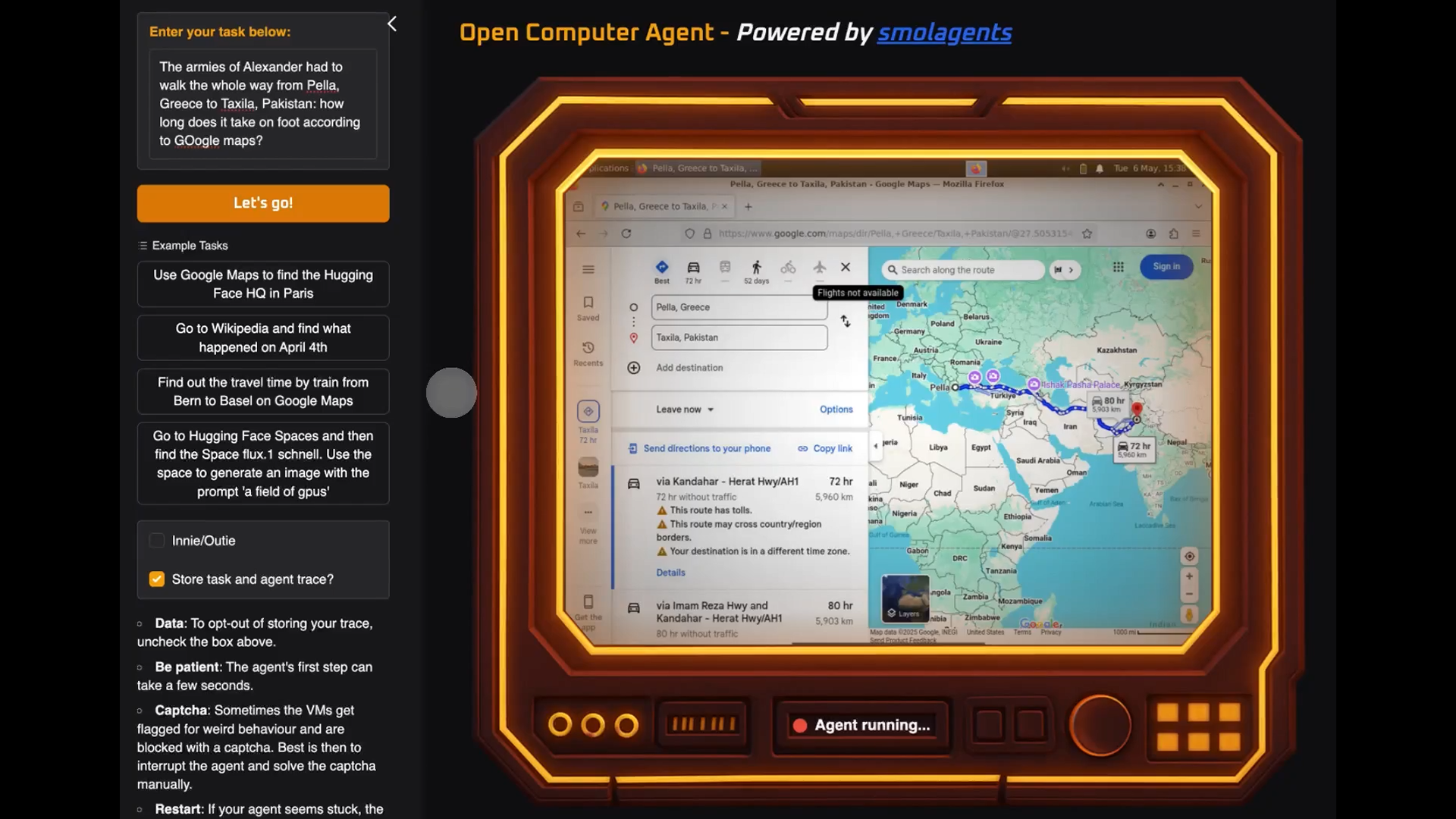










































































































































































![[The AI Show Episode 146]: Rise of “AI-First” Companies, AI Job Disruption, GPT-4o Update Gets Rolled Back, How Big Consulting Firms Use AI, and Meta AI App](https://www.marketingaiinstitute.com/hubfs/ep%20146%20cover.png)











































































































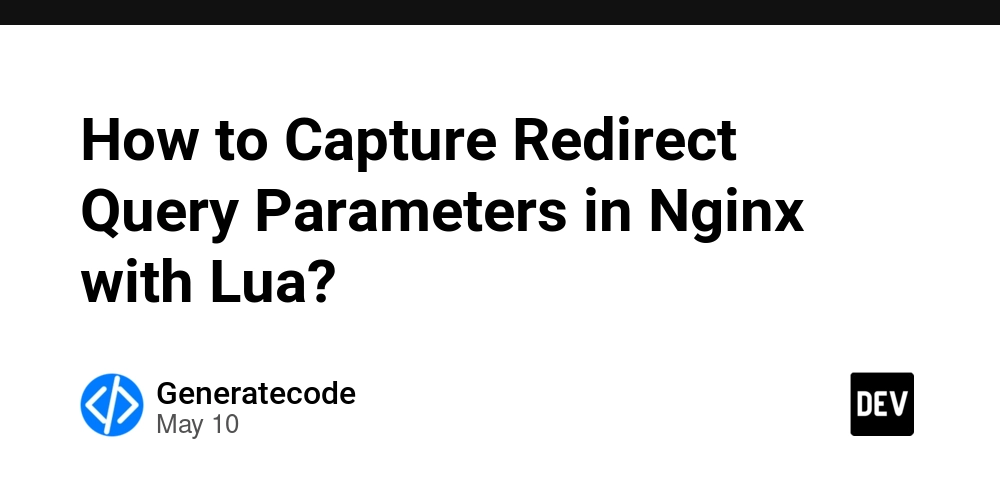


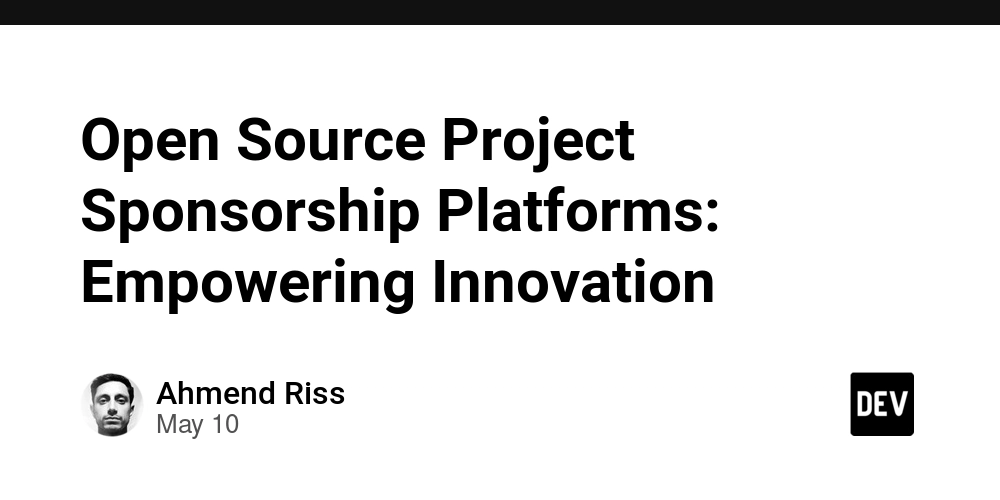
















![Ditching a Microsoft Job to Enter Startup Hell with Lonewolf Engineer Sam Crombie [Podcast #171]](https://cdn.hashnode.com/res/hashnode/image/upload/v1746753508177/0cd57f66-fdb0-4972-b285-1443a7db39fc.png?#)



























































.jpg?width=1920&height=1920&fit=bounds&quality=70&format=jpg&auto=webp#)




















































-Nintendo-Switch-2-Hands-On-Preview-Mario-Kart-World-Impressions-&-More!-00-10-30.png?width=1920&height=1920&fit=bounds&quality=70&format=jpg&auto=webp#)











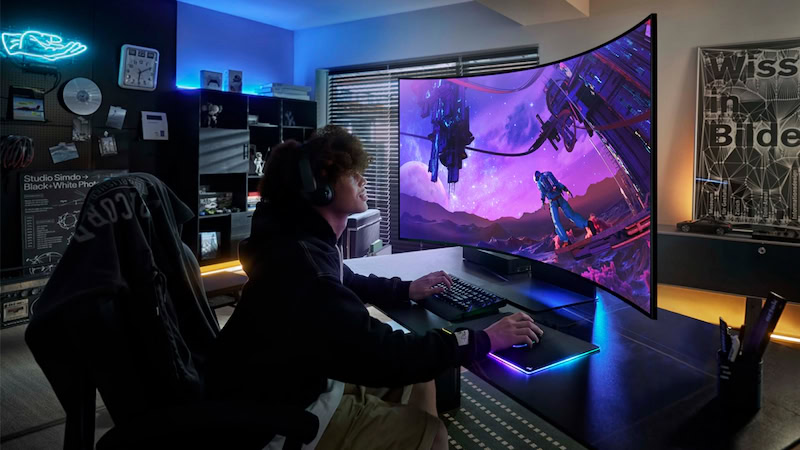





































































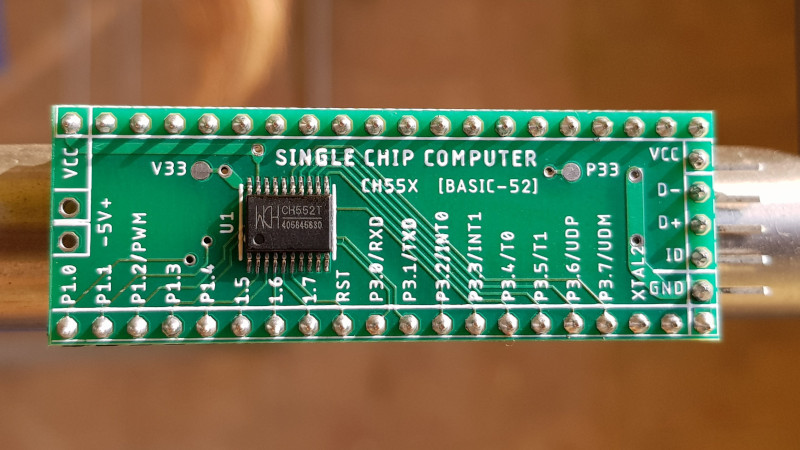
























-xl.jpg)




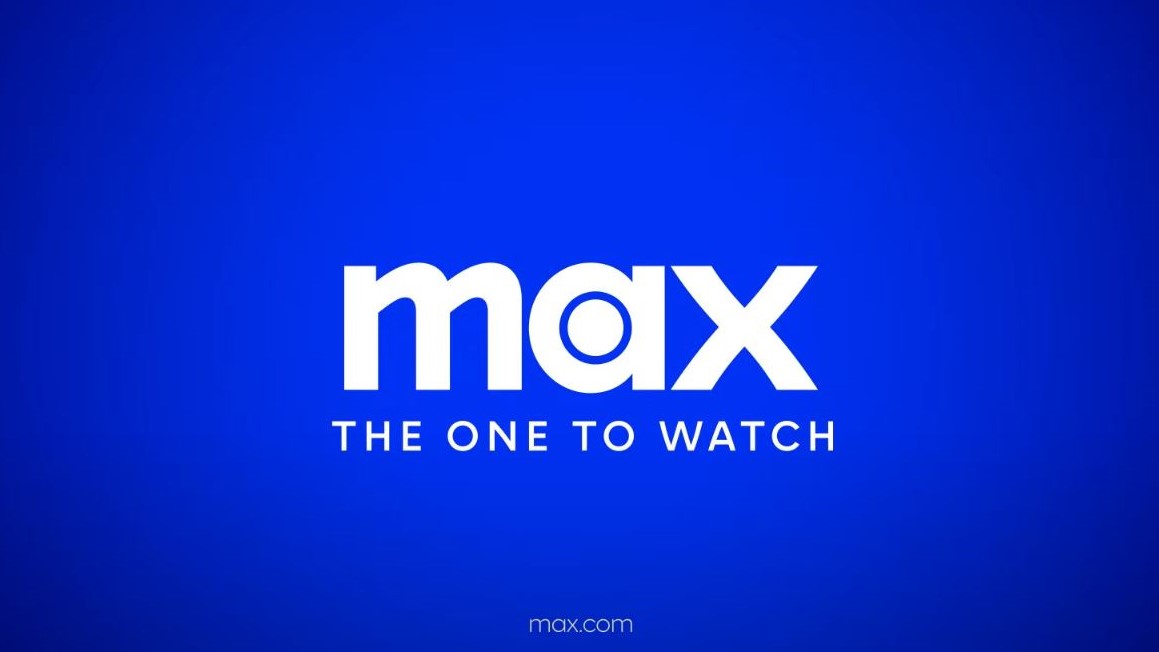






















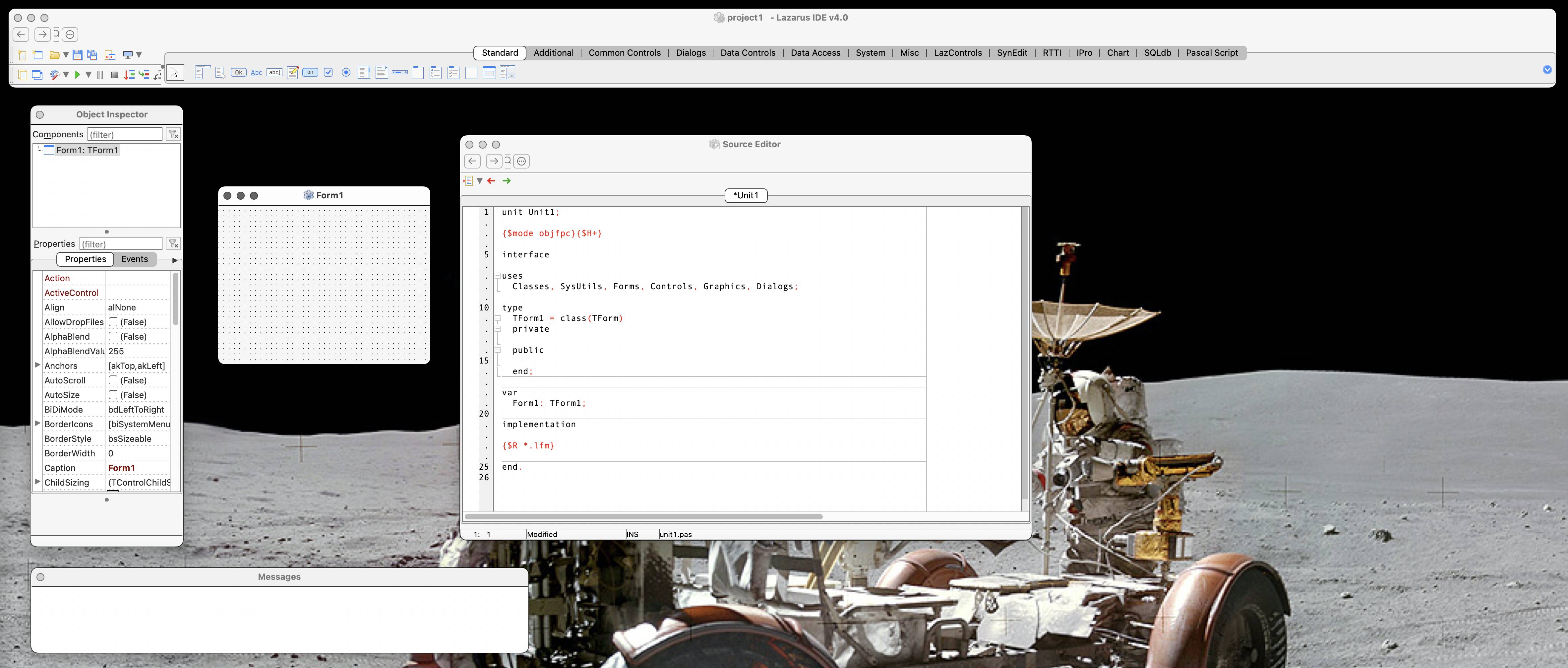

![New iPad 11 (A16) On Sale for Just $277.78! [Lowest Price Ever]](https://www.iclarified.com/images/news/97273/97273/97273-640.jpg)

![Apple Foldable iPhone to Feature New Display Tech, 19% Thinner Panel [Rumor]](https://www.iclarified.com/images/news/97271/97271/97271-640.jpg)
















































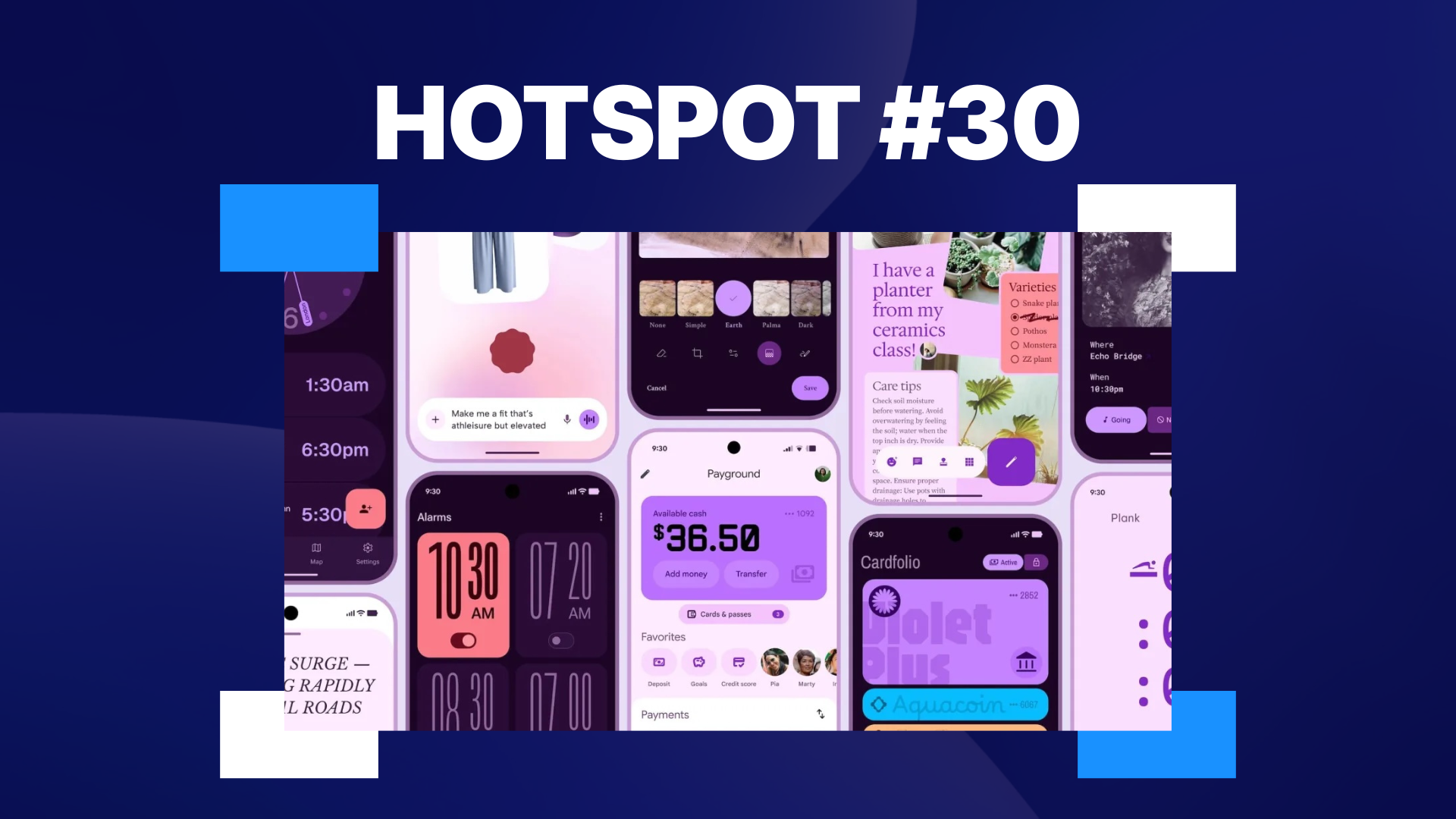






















![[Weekly funding roundup May 3-9] VC inflow into Indian startups touches new high](https://images.yourstory.com/cs/2/220356402d6d11e9aa979329348d4c3e/WeeklyFundingRoundupNewLogo1-1739546168054.jpg)

